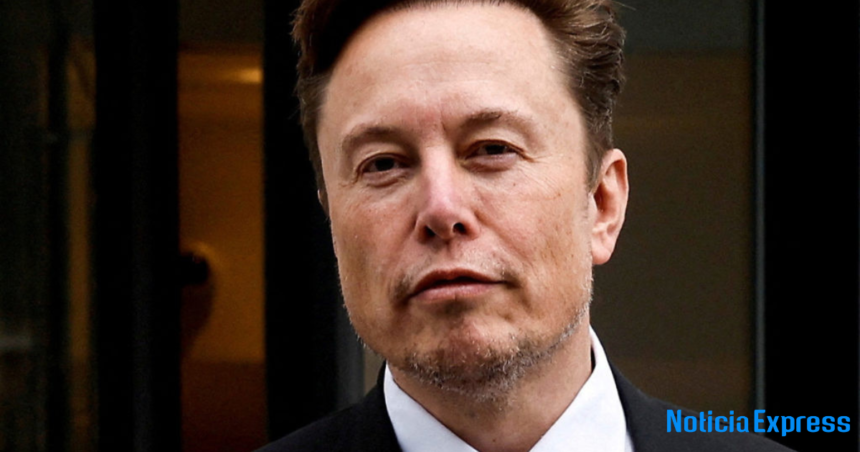Elon Musk’s Massive Multi-Billion-Dollar Compensation Package: In a groundbreaking development, a Delaware state court judge has invalidated the controversial 2018 compensation package that played a pivotal role in propelling Tesla CEO Elon Musk into the echelons of the world’s wealthiest individuals. This decision not only has immediate financial implications for Musk but also sheds light on corporate governance practices within Tesla, a company at the forefront of the electric vehicle revolution.
At the heart of the matter are the 303 million split-adjusted stock options granted to Musk as part of the compensation package. With a current valuation of an astounding $51 billion, these options have become a focal point of contention. The court ruling, delivered by Delaware Chancery Court Chancellor Kathaleen McCormick, stated that Musk and the Tesla board “failed to meet their burden” in substantiating the fairness of the compensation plan. This decision has sent ripples through the financial world and ignited discussions about executive compensation and shareholder rights.
The legal proceedings took place in Delaware, a state where Tesla and numerous other major US corporations are incorporated. Musk, not one to shy away from expressing his opinions, took to Twitter following the decision, advising against incorporating companies in Delaware and recommending Nevada or Texas as viable alternatives. Interestingly, Musk initiated a poll on Twitter, indicating a potential inclination towards changing Tesla’s state of incorporation to Texas, where the company’s headquarters is based.
Shareholders, who took the matter to court, argued that the financial targets set for Musk to qualify for each tranche of stock were misleadingly presented during the approval process. They contended that these milestones closely resembled internal growth projections shared with financial institutions, raising concerns about transparency and accountability in the approval of executive compensation plans.
The court’s decision to reject the pay package was met with approval from the plaintiff’s attorneys, who emphasized the potential benefit to Tesla investors by eliminating the dilution caused by the substantial pay package. This decision also raises questions about the oversight and decision-making processes within Tesla, particularly concerning the independence of the board and its ability to act in the best interests of shareholders.
Musk’s defense centered around the argument that the compensation plan had received shareholder approval, with 73% of shares voting in favor, excluding Musk and his brother’s votes. However, Chancellor McCormick disagreed, emphasizing that Musk’s existing equity stake, independent of the disputed options, already provided substantial compensation for his efforts. The court further expressed concerns about the negotiation process, highlighting Musk’s significant influence in determining the pay package and questioning the independence of board members involved in the negotiations.
The court decision, unless overturned on appeal, will strip Musk of the 303 million options he currently holds, potentially impacting his voting control in Tesla. Musk, known for his ambitious pursuits beyond Tesla, including ventures like SpaceX, X (formerly Twitter), the Boring Company, xAI, and Neuralink, has recently expressed the importance of increasing his stake in Tesla to protect against outside investors gaining control.
As this legal saga unfolds, there are growing suggestions from investors and analysts that Tesla may need to consider offering Musk a new compensation package to maintain his focus on the company’s success. Musk’s diverse portfolio, spanning industries from space exploration to artificial intelligence, adds complexity to the situation, making Tesla’s future compensation strategies a subject of keen interest.
The court decision can be appealed to the Delaware Supreme Court, ensuring that this saga continues to capture attention in the business and legal spheres. The outcome will not only shape the future of executive compensation at Tesla but may also influence broader discussions around corporate governance and accountability in the ever-evolving landscape of the tech industry. As stakeholders closely watch the developments, the intersection of legal, financial, and corporate governance issues promises to be a focal point of discussions in the coming months.









